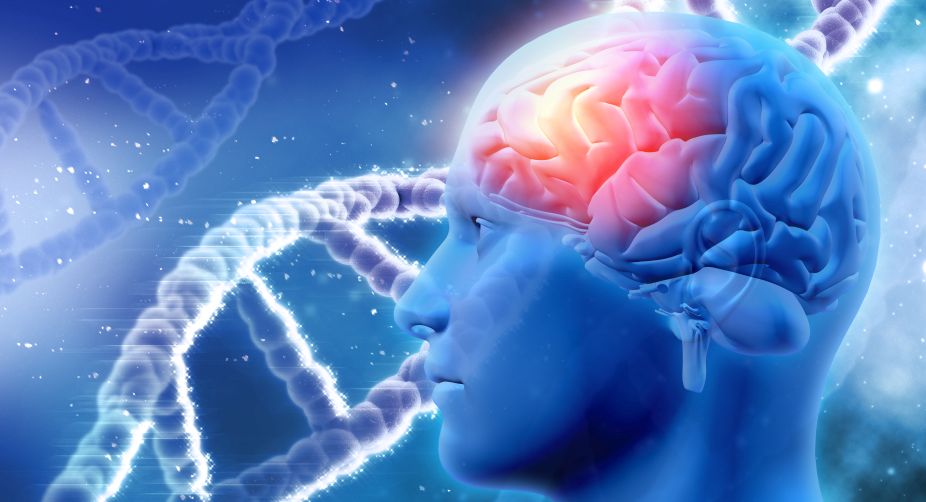Mandaviya underlines importance of preventive healthcare
Union Labour Minister Mansukh Mandaviya on Thursday emphasized the importance of preventive and promotive healthcare in building a healthy and fit India.
The intestinal wall of the colon became more permeable after trauma, changes that were sustained over the following month.

Representational Image (Photo: Getty Images)
Traumatic brain injury (TBI) can cause gut dysfunction, which then has the potential to worsen the original brain injury, says a new study.
“These results indicate strong two-way interactions between the brain and the gut that may help explain the increased incidence of systemic infections after brain trauma and allow new treatment approaches,” said lead researcher Alan Faden, Professor at University of Maryland School of Medicine in the US.
Advertisement
People are 12 times more likely to die from blood poisoning after traumatic brain injury and 2.5 times more likely to die of a digestive system problem, compared with those without such injury.
Advertisement
The study, published in the journal Brain, Behavior, and Immunity, could partly explain why it is so.
The researchers examined mice that received an experimental traumatic brain injury.
They found that the intestinal wall of the colon became more permeable after trauma, changes that were sustained over the following month.
It is not clear how TBI causes these gut changes but researchers believe that a key factor in the process may be enteric glial cells (EGCs), a class of cells that exist in the gut.
Researchers have known for years that TBI has significant effects on the gastrointestinal tract, but until now, scientists could not recognise that brain trauma can make the colon more permeable, potentially allowing harmful microbes to migrate from the intestine to other areas of the body, causing infection.
The researchers also focused on the two-way nature of the process — how gut dysfunction may worsen brain inflammation and tissue loss after TBI.
They infected the mice with Citrobacter rodentium, a species of bacteria that is the rodent equivalent of E. coli, which infects humans.
In mice with a TBI who were infected with this the bacteria, brain inflammation worsened, the findings showed.
Furthermore, in the hippocampus, a key region for memory, the mice who had TBI and were then infected lost more neurons than animals without infection.
This suggests that TBI may trigger a vicious cycle, in which brain injury causes gut dysfunction, which then could make the original brain injury worse.
Advertisement